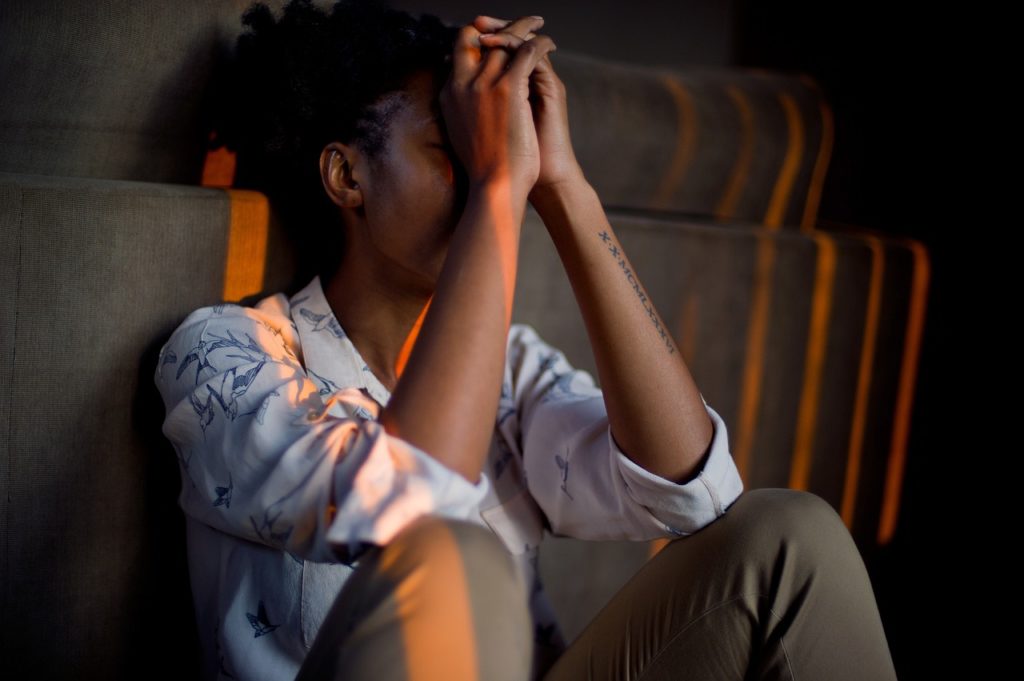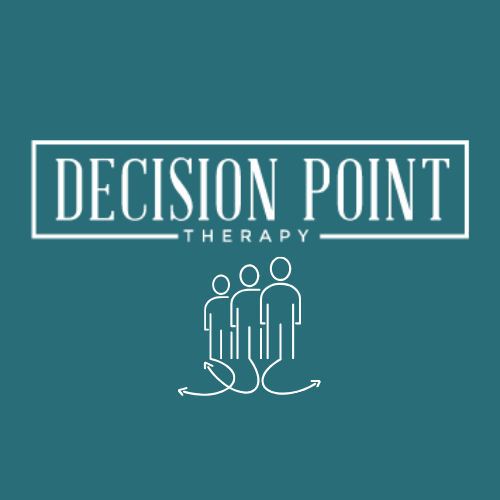Discovering that your partner has been unfaithful can be one of the most devastating blows to a relationship. It doesn’t have to spell the end of your relationship though.
Many couples are surprised to find that not only can they survive an affair, but they can actually go on to rebuild and have a thriving relationship!
Couples counseling after infidelity can be a powerful tool for gaining insight about what happened, getting the safe space and tools you need to repair the relationship, and making decisions about the future of the relationship.

If you’ve just found out about your partner’s infidelity, or just revealed your own infidelity to your partner, it may be hard to imagine right now that things can get better.
But with time, patience, hard work, and commitment, your relationship can come back stronger than ever.
Not sure how? Keep reading.
I often ask couples near the end of their therapy what advice they’d offer other couples going through similar problems.
Consider these bits of wisdom about recovering from infidelity from past clients of Decision Point Therapy:
It’s really shitty that this happened but we’ve had some of our most honest conversations ever [after the affair]. We wouldn’t have had these kinds of talks before. We’ve learned more about each other over the past few months than over the last eight years. Others [couples] should know that there really is some good that can come from the mess of it all.
It doesn’t have to be a “real” affair for the relationship to be damaged. Online affairs can cause a lot of hurt. A lot of things have been said and done between us lately that we can’t take back, but if two people can get through this kind of thing they can get through most anything.
We both wanted to give up and just be done with the marriage! But we calmed down and thought about how badly we wanted to keep our family together. A lot of people don’t want to come to counseling but you have to admit when you need help holding it all together.
It’s an emotional rollercoaster for a long time and some days are really awful. But folks should know that how it feels in the beginning won’t be how it feels forever. Eventually, you go back to normal life and find a new normal…hopefully together.
When you come to me for couples therapy after the discovery of infidelity, there are many topics that we’ll explore and work on to resolve your problems.

Major topics covered in this kind of therapy include:
- What needs to happen before you and your partner can work on repairing the relationship in couples counseling (e.g., ending the relationship with the third party, ensuring safety, etc.)
- Remaining questions that the hurt partner may have about the infidelity and the relationship with the third party
- Both you and your partner will have a safe space to discuss your hurt and unmet relationship needs, and how the infidelity impacted you
- Relationship and individual factors that contributed to the infidelity
- Specific behaviors that can help rebuild trust in both the short-term and the long-term and have a healthier relationship
- Strengthening the emotional connection between you and your partner, and creating a more secure attachment
- Expectations going forward for behaviors with friends, coworkers, etc.
- Agreement on boundaries around sharing your relationship issues with family and friends
- Decisions and strategies for addressing any information that your children may know about the event
- Decisions about if and how you and your partner will move forward together after the infidelity
Frequently asked questions about couples counseling for infidelity
Why do we both need to attend therapy if my partner was the one who cheated?
Couples counseling for this issue, like all couples counseling, is focused on your relationship as the “client.”
This means that the needs of the relationship are central to the goals and work of therapy, not just the individual needs of one partner over the others.
Therefore, regardless of which partner cheated it’s important that you both attend couples counseling sessions to work on repairing and rebuilding the relationship together.
That said, it’s very important that the partner who cheated takes full ownership for his or her actions. I will help you and your partner both accept shared responsibility for the relationship problems, but not for the act of cheating or infidelity. That responsibility belongs only to the partner who did so.
Couples who have the most success with rebuilding trust after an affair tend to those in which the unfaithful partner accepts full responsibility for stepping out of the relationship, and makes sincere efforts to regain the trust of their partner.
What if the one who cheated is still in a relationship with the third party?
The answer to this depends on the circumstances surrounding the situation…
If the partner who cheated has no choice but to be around the affair partner (for example, if it is a coworker) then work can be done to draw boundaries and establish agreed upon expectations for behavior going forward.
However, couples counseling after an affair will not offer much value if the partner who cheated is still “leaning out” of your relationship and is voluntarily continuing to interact with the third person. Especially if the same behaviors that led to the affair (and were a part of the affair) are continuing to happen.
For example, if there are still texts happening between the cheating partner the third person, this indicates that the relationship is still alive and ongoing (even if it may have been toned down after discovery).

One of the main conditions for success for couples counseling after an affair is for the relationship to end with the affair partner.
What if my partner and I don’t agree on our definition of “cheating” or “infidelity”?
This happens all of the time. It may seem shocking or odd, but it’s very common for partners to not realize that they don’t agree on what behavior constitutes cheating or an affair.
For example, for some people carrying on a relationship online with a third person (even if no physical time was ever spent together) amounts to an emotional affair while for others this is viewed as inappropriate but not an “affair” per se.
Couples counseling after cheating has occurred will address these differing definitions and expectations.
It’s important to keep in mind that even if you and your partner don’t agree on what to call it, if the outside relationship created enough hurt and damage to warrant looking for couples therapy, it needs to be addressed.
Your relationship will benefit in the long run by taking care of these issues now before problems get worse.



